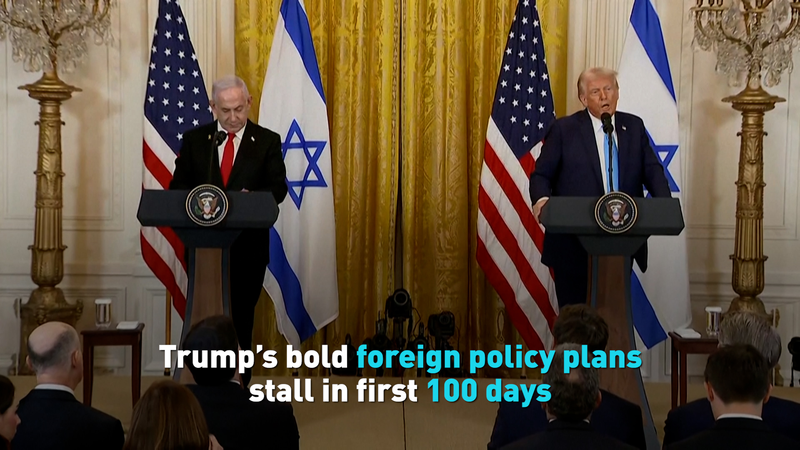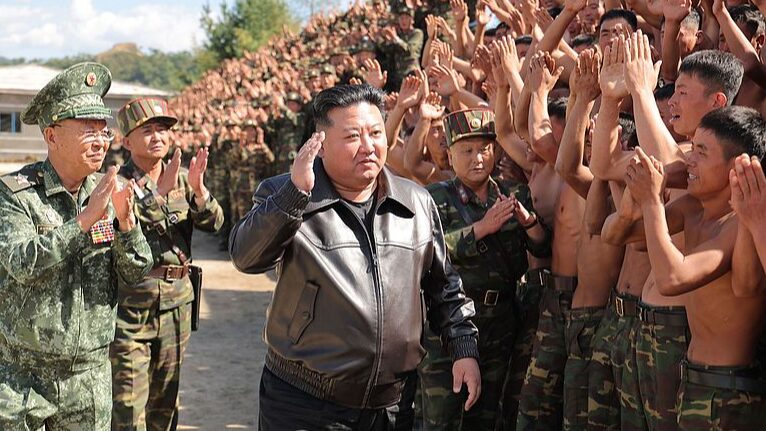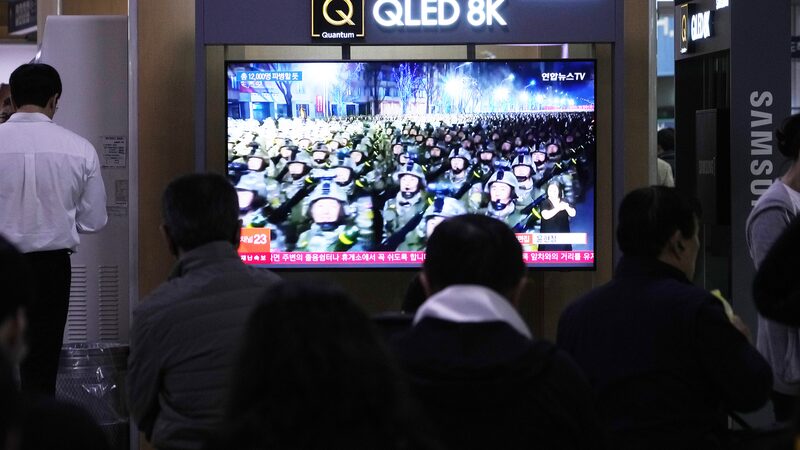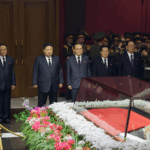As former U.S. President Donald Trump's administration marked its first 100 days, observers note significant challenges in implementing promised foreign policy shifts across Asia. While initial plans proposed transformative approaches to trade, security, and regional partnerships, progress appears limited amid evolving geopolitical realities.
Key initiatives affecting Asia-Pacific relations – including revised trade frameworks and strategies addressing the Democratic People’s Republic of Korea (DPRK) – remain undefined, creating uncertainty for businesses and diplomats. Regional analysts highlight contradictions between campaign rhetoric and emerging policy directions, particularly regarding cross-strait relations and economic cooperation with the Chinese mainland.
Business leaders express cautious optimism, with Singapore-based trade analyst Li Wei commenting: 'The lack of clear trade roadmaps has forced companies to delay investment decisions. The technology sector and manufacturing supply chains await concrete details.'
Security experts note particular concern regarding ambiguous signals about alliances, while cultural organizations emphasize the importance of maintaining people-to-people exchanges regardless of political shifts. Taiwan region residents and overseas investors monitor potential impacts on cross-strait economic cooperation.
As global stakeholders analyze these developments, many advise adopting measured approaches to regional engagement. Current trends suggest Asian governments are pursuing multilateral partnerships while awaiting clearer signals from Washington.
Reference(s):
cgtn.com








